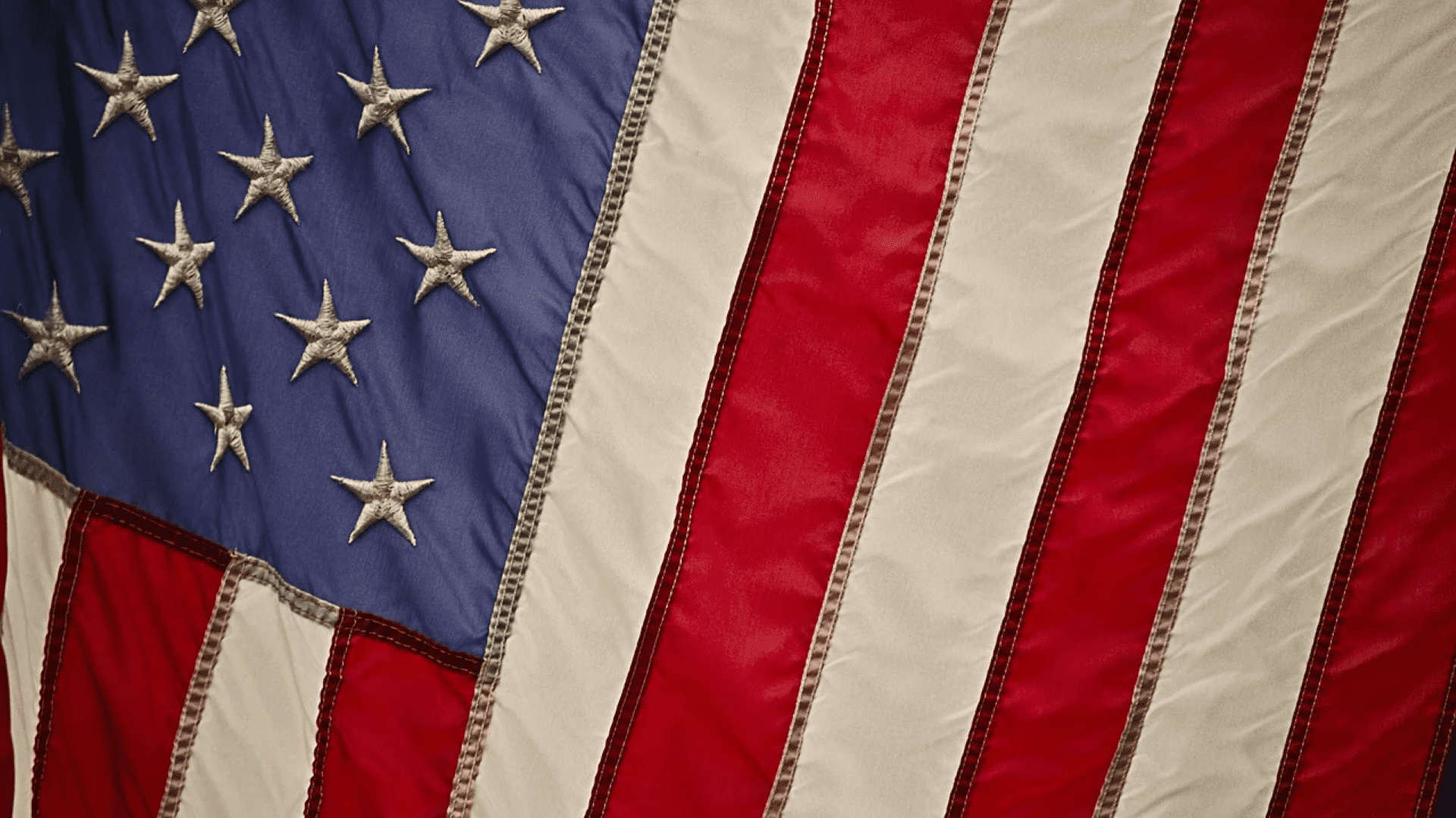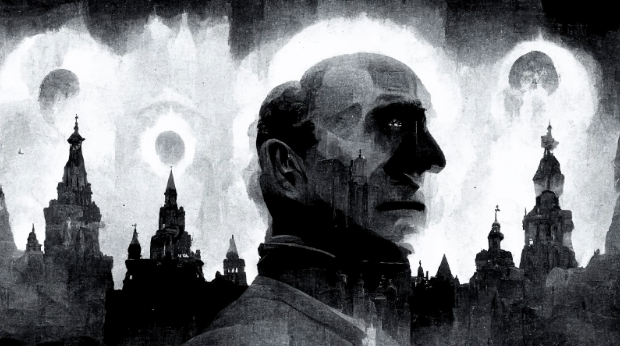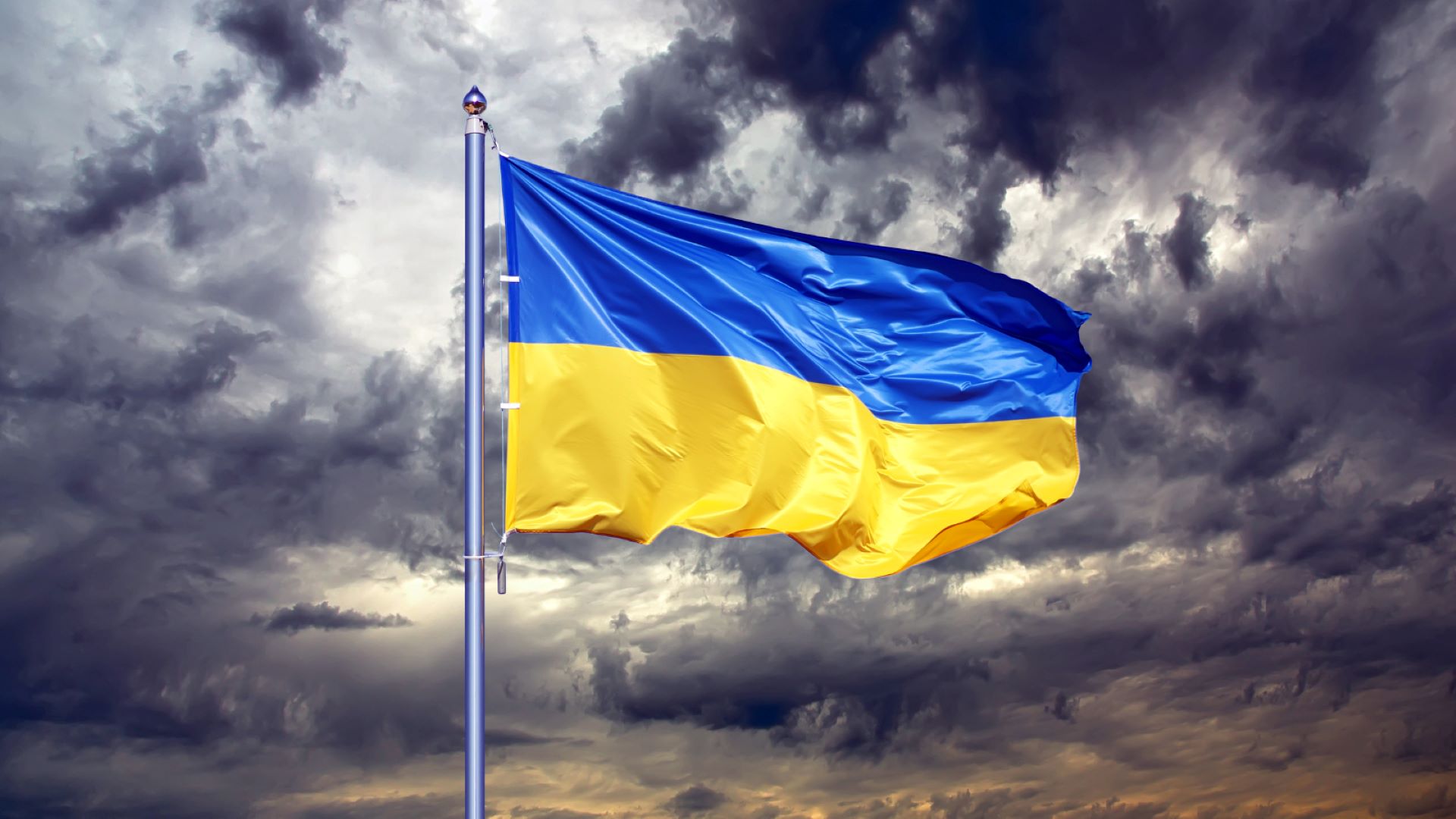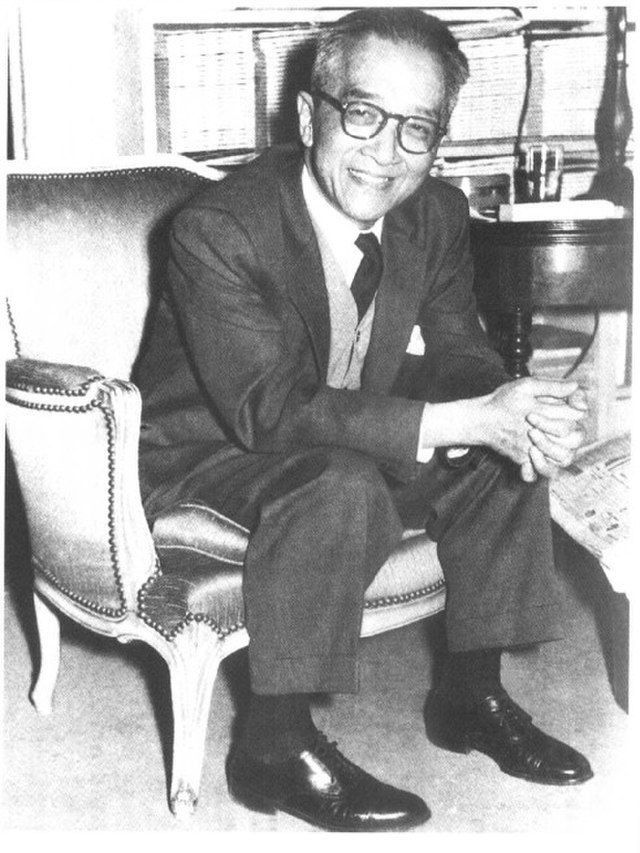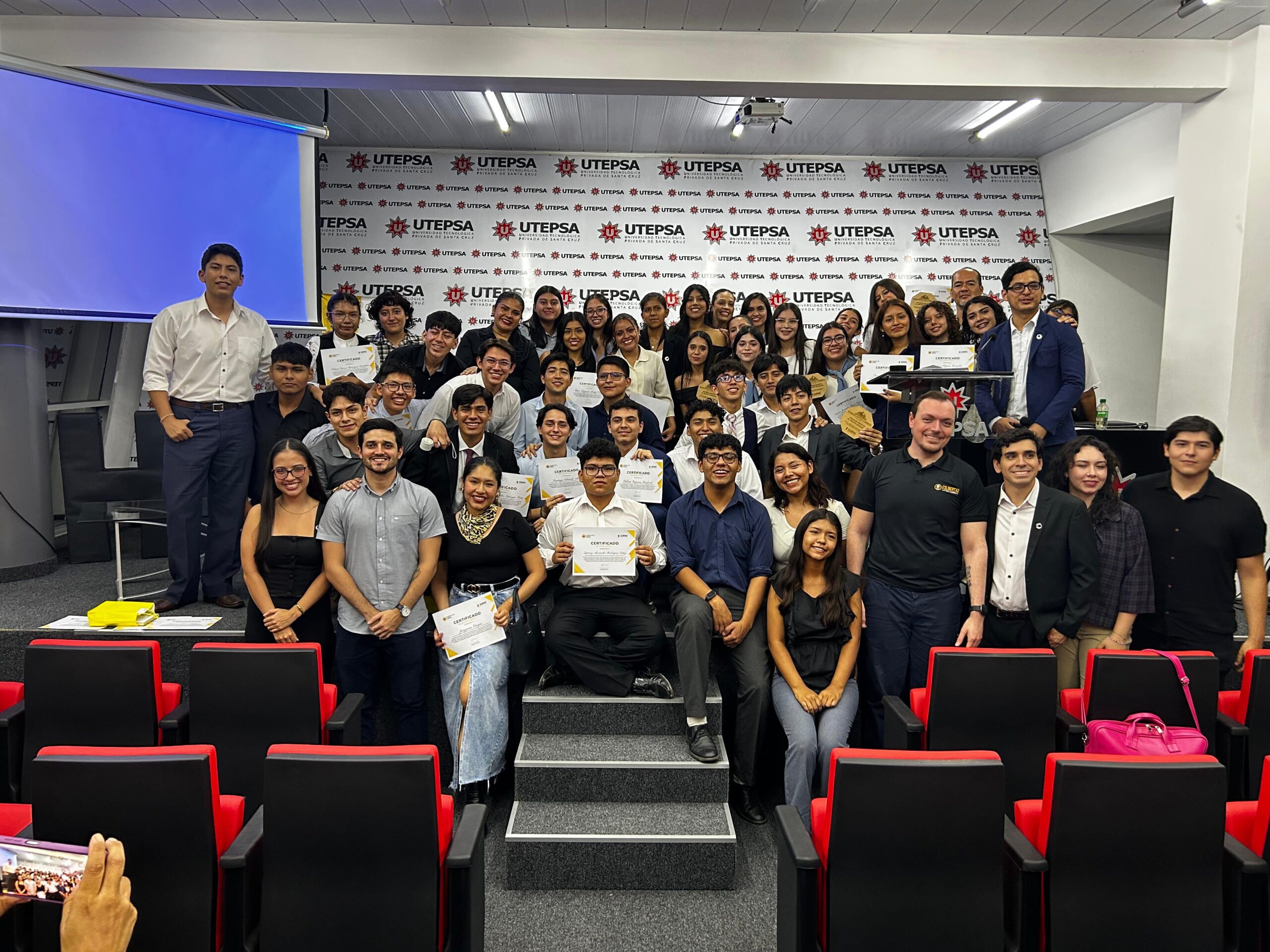By Lucas Lostoski
The United States controls a vast overseas empire complete with 800 military bases in over 70 countries. This American empire asserts its authority over nearly every corner of the Earth, steals the natural resources of third-world nations, and ensures profits for large American corporations. Essentially, the United States is waging imperial wars against oil-rich nations in order to direct the flow of natural resources in these countries towards U.S. investors.
But occasionally this empire goes awry. Once in a blue moon you see American politicians and crooked businessmen start to squirm when they see the third-world “savages” getting upset with U.S. encroachment. These poor, distressed individuals make outrageous demands such as fair, democratic elections and for their basic human rights to be respected.
Such requests go against the entrenched interests of the U.S. government, which we can count on to continue to undermine the rule of law in foreign countries. So how does the U.S. typically respond?
How America interferes abroad
Well they have options. They could subvert elections and install puppet dictators who are beholden to the U.S. and their business interests. Some of the most famous examples are Iran with the Shah in 1953, Vietnam with Diem in 1955, and in Chile with Pinochet in 1973.
As detailed by Noam Chomsky in What Uncle Sam Really Wants, one such instance occurred in 1947, when anti-fascist forces in Greece (which had grown in opposition to Nazi rule) began to revolt against their government. Great Britain, which had attempted to quell the situation, quickly realized it would not be able to restore order due to the disastrous state of its economy after the war.
So Britain turned to the United States government, which subsequently intervened and went on to support a war-effort against the civilians of Greece that resulted in 160,000 deaths. In the end, the revolt was put down and American investors were left with firm control over Greece. This was a watershed event for the United States in its rise to its status as a global superpower. From here on out, America’s message to the developing world was clear: What we say, goes.
The U.S. government has given aid to neo-Nazis
This ideal has permeated through almost all of our wars since World War II. Vietnam and Iraq are clear examples of the U.S. pummeling a third-world nation for stepping out of line by believing they had the right to make decisions for themselves.
However, the best case is El Salvador, where the United States provided military aid to the neo-Nazi Roberto d’Aubuisson, whose ARENA party had came to power. This was due to a peasant-led revolt that would prove disastrous to U.S. investment if it were to gain power. The U.S. government continued to intervene in El Salvador well into the late 1980s.
American priest Daniel Santiago explained the horrors that the people of El Salvador faced at the hands of the U.S.-backed “death squads” during this period:
“Men are not just disemboweled by the Salvadoran Treasury Police; their severed genitalia are stuffed into their mouths; Salvadoran women are not just raped by the National Guard; their wombs are cut from their bodies and used to cover their faces. It is not enough to kill children; they are dragged over barbed wire until the flesh falls from their bones, while parents are forced to watch.”
Of course, according to Chomsky, all of this was paid for by U.S. tax dollars.
Propaganda makes war appealing
If these options are unsuccessful, then the U.S. can take another step and outright invade and occupy. Naturally, this presents a rather large public relations problem in that most Americans won’t support wars of aggression to secure corporate profits. Therefore, the government has to dress up the invasion and give it a more appealing name like “The War on Terror.”
The next step is to create a bunch of Dick Cheney-approved slogans that suggest if you don’t support the war then you are unpatriotic, hate America and our troops, and love terrorists. It’s a fantastic way of propagandizing the public into hating those who point out the flaws in such a foreign policy.
After a successful marketing campaign, the American empire is ready to overrun its enemies, who are usually underdeveloped nations who can offer little resistance to American military might. Bring on the collateral damage of thousands of dead Iraqi civilians, or 13% of the Vietnamese population.
This mass slaughter of innocent civilians is justified (according to the neoconservatives) because the U.S. has to “establish democracy.” This simply means regime change to a government more friendly to U.S. business interests with scant regard for domestic political representation.
Inevitably, for some bizarre reason the local populace, whose families have died in droves from drone strikes and bullets, start to become ungrateful that the U.S. has “liberated” them from despair. Their politics begin to radicalize, and they fight back. These individuals, who have the audacity to fight back, are called “terrorists” who hate freedom and America.
War brings loss of freedom to your home too
This also has domestic ramifications. We allow the NSA to monitor our every move, we permit the TSA to strip us of our clothes and Fourth Amendment rights, and we grant the government authority to indefinitely detain us without charge. We have to do this to protect the “national interest,” which no one can really define, but apparently it’s really important, and is worth shedding our rights for.
The American empire steals money from taxpayers for military operations, robs nations of their resources, and kills millions of innocents; all the while war-profiteers are enriched and their profits ensured.
Political and business elites rightly fear this issue could transcend political lines, and we as a people might unite against the military industrial complex in what Senator Lindsey Graham once called “the unholy alliance” of the anti-war left and right. Military extremists like Graham know that these wars cannot go on once the public has voiced its disapproval.
Anti-war activist Cindy Sheehan highlighted this notion in a 2004 speech against the War on Terror: “If we stick together as an American people, we can bring down the war criminals that are running our country right now.” One can only hope she is right.
To read more anti-war content, be sure to check out our cluster page by clicking on the button below.
This piece solely expresses the opinion of the author and not necessarily the organization as a whole. Students For Liberty is committed to facilitating a broad dialogue for liberty, representing a variety of opinions.
